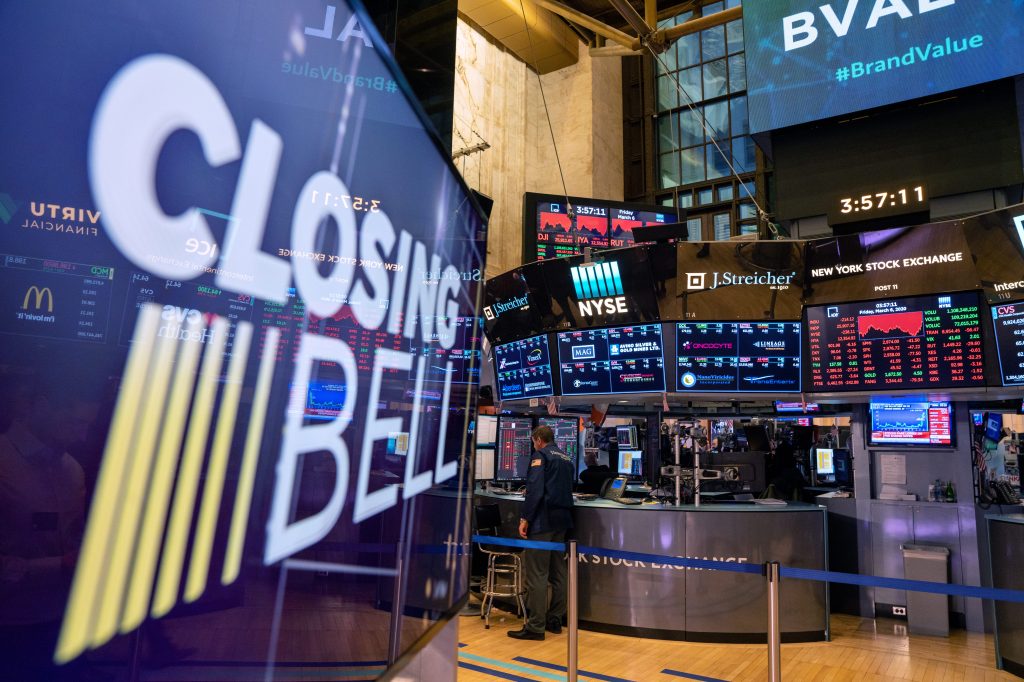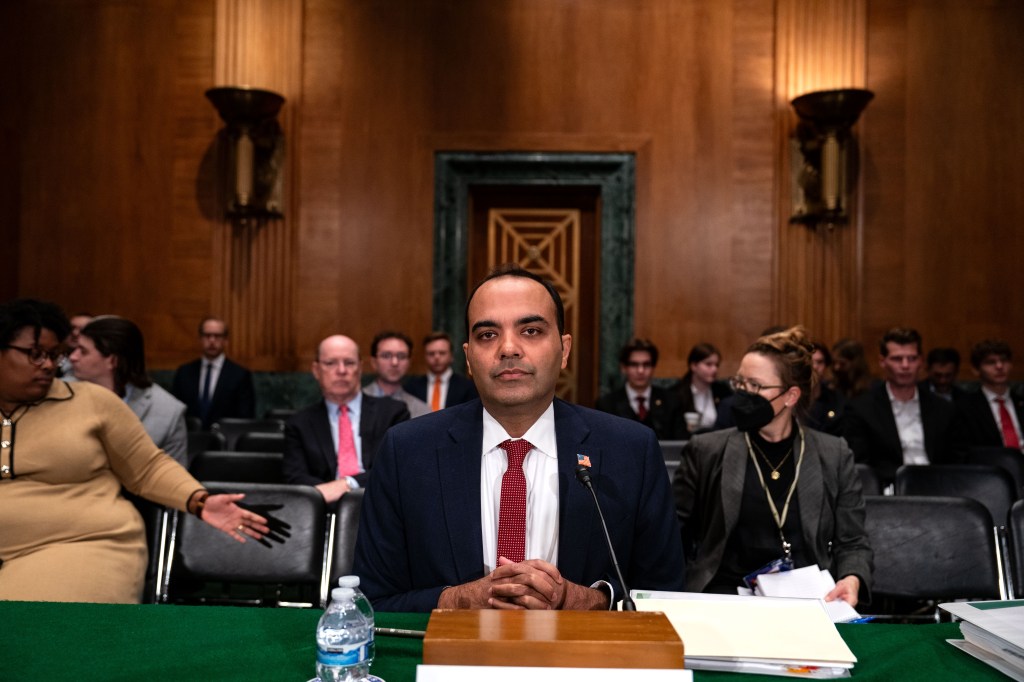The stabilisation of the bitcoin price since June 2022 “is an artificially induced last gasp before the road to irrelevance” according to Ulrich Bindseil, ECB Director General, and Jürgen Schaff, an ECB Adviser, who have published a provocative post on the cryptocurrency on the ECB blog today.
The authors point to what they deem to be two fatal flaws with bitcoin. They contend that “real bitcoin transaction are cumbersome, slow and expensive”, which means that bitcoin “has never been used to any significant extent for legal real-world transactions.” And also that it is “not suitable as an investment” because unlike real estate, equities, commodities or gold, which each have intrinsic value or utility, it is a speculative asset that is entirely dependent on “new money flowing in.”
Speculative bubble
It is the large bitcoin investors who “have the strongest incentives” to keep the speculative bubble going and are utilising tactics such as lobbying lawmakers and regulators to help give the asset legitimacy it simply does not deserve to have, say the authors. The argument that regulating bitcoin is the legitimising of a speculative asset that “does little to support real economic activity” and that, if regulated, could pose a threat to financial stability was also put forward forcefully in a recent FT Alphaville article by Stephen Cecchetti and Kim Schoenholtz.
The system underpinning bitcoin is another major conceptual and design flaw of the cryptocurrency and one that is also “worth noting” according to Bindseil and Schaff. This concern has been voiced many times previously, with a report published in Nature magazine in September, for example, pointing out that “on average, each $1 in BTC market value created was responsible for $0.35 in global climate damages, which as a share of market value is in the range between beef production and crude oil burned as gasoline”.
Caution counselled
Acknowledging that short term profits can be made with bitcoin, the authors counsel financial industry caution because they believe that the damage stemming from significant investor losses “could be enormous”. The concern of the authors and other industry commentators is that, as with many other speculative bubbles, it is not going to be the large investors, but the most vulnerable small investors who will be most exposed to further significant falls in the bitcoin price.
Given the environmental footprint and limited utility of bitcoin, however, one cannot help but wonder if such a turn of events would be altogether an undesirable outcome, even given the potentially catastrophic consequences for some individual investors.













